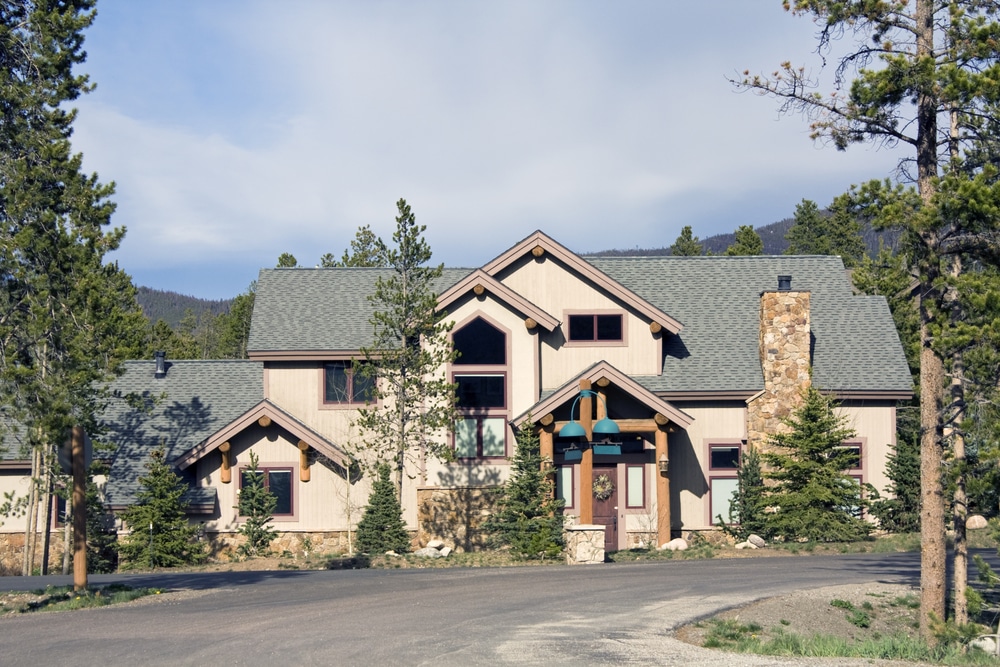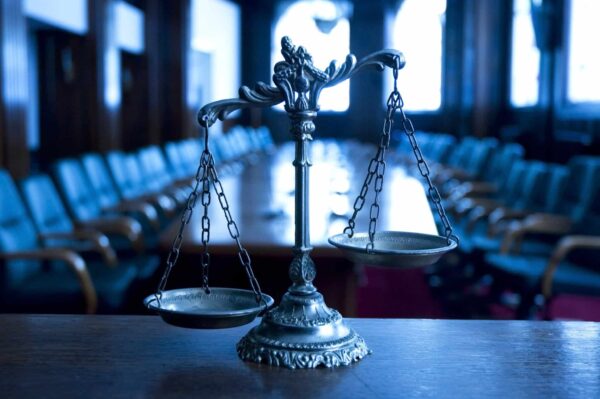If you’ve been injured in an AirBnB, you may be confused as to who is liable. Is it the host? Is it AirBnB itself? Both?
Here, we’ll go into what AirBnB is, common injuries that people can sustain in an AirBnB, who is liable if you’ve been injured in an AirBnB, and what you should do if you’ve been injured in an AirBnB. Let’s get into it.
What Is AirBnB?

AirBnB is an online service that provides travelers with an alternative to a hotel, motel, or hostel. Travelers can instead rent out someone’s home, room, or other such location. This allows people with multiple properties or who don’t mind hosting a way to make money, and it allows travelers to have a more unique, homey experience.
AirBnB itself does not directly own any of the locations listed on their marketplace, but rather functions as a middleman between hosts and travelers. AirBnB does collect a fee from hosts, but it is the hosts who set the prices, organize the booking process, and provide hospitality to their guests.
Common Injuries People Can Sustain In An AirBnB
There are many different injuries that people can sustain in an AirBnB. Premise liability claims are the most common. AirBnB hosts must make reasonable efforts to keep the rental property safe. If they do not do this, they may be held liable for injuries sustained at their rental.
Common injuries people can sustain in an AirBnB are as follows:
- Slip and fall accidents
- Stair accidents
- Failure to take safety precautions
- Injury from unmaintained property, such as broken stairs or unmaintained driveways
- Swimming pool accidents
- Back injuries
- Head injuries
- Bedbug accidents
- Dog bites
- Shoulder injuries
- Collapse of parts of property (ceiling, decks, stairs, etc)
- Carbon monoxide poisoning
- And more
There are many factors that can contribute to being injured at an AirBnB, and the host may not always be at fault. The host may make every reasonable effort to keep the property safe, but if guests are rowdy or not exercising reasonable safety precautions, they may still be injured. It is important to ensure that you are taking reasonable measures to keep yourself safe while staying at an AirBnB, the same as it is important for hosts to do what they can to maintain a safe property.
Who Is Liable If You Are Injured In An AirBnB?
If you have been injured in an AirBnB, you may be left in the dark as to what exactly your legal rights are. Given that AirBnB doesn’t directly own the location, can they even be held liable? What about the host? What about other guests?
A personal injury attorney can help you determine liability in your specific case. You may be able to hold AirBnB liable, or you may not. You may be able to hold the host liable, depending on whether or not they made reasonable efforts to maintain a safe property. Generally speaking, suits tend to be filed against the AirBnB host, rather than AirBnB itself.
No two personal injury cases are the same, so it’s important to have an experienced professional on your side to ensure that you receive top-quality legal representation so that you can focus on healing from your injury.

What Should You Do If You Have Been Injured In An AirBnB?
Given that personal injury cases can be complicated, especially if you have been injured in an AirBnB, the most important thing to do is consult with a personal injury attorney. They will let you know whether or not you have a solid case and what your options are. If you do have a solid case on your hands, they can represent you to help you achieve the best possible outcome.
It is inadvisable to try to represent yourself in your own personal injury case, as the law is a very complicated thing and there are many loopholes and confusing wordage and other such tactics that people may attempt to utilize to prevent you from receiving the compensation you deserve.
Do You Have A Personal Injury Case On Your Hands?
Injured in an AirBnB? Do you want to know whether or not you have a strong personal injury case on your hands? LeBaron & Jensen is here to help. We provide free case evaluations and do not charge you anything until we win your case. Contact us today to schedule your free case consultation or for any questions you may have about our services.





